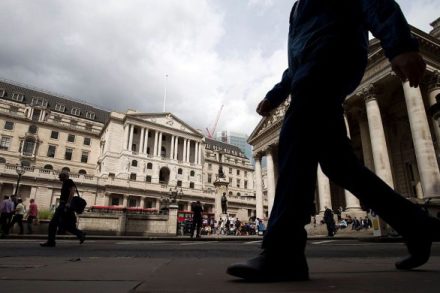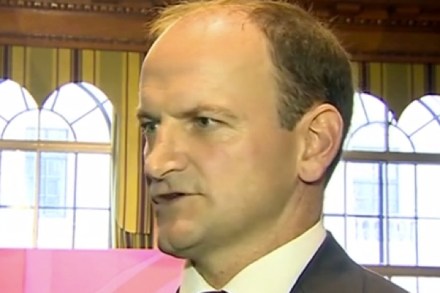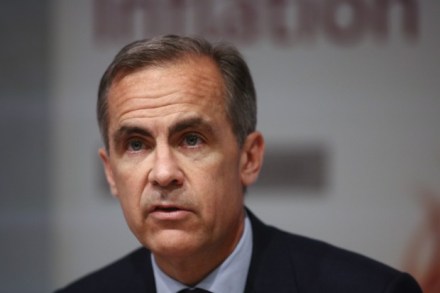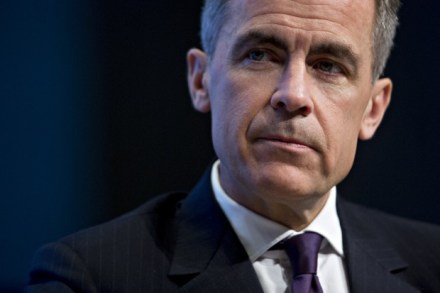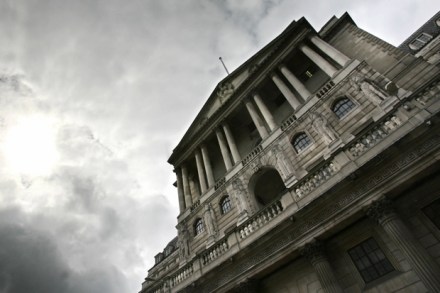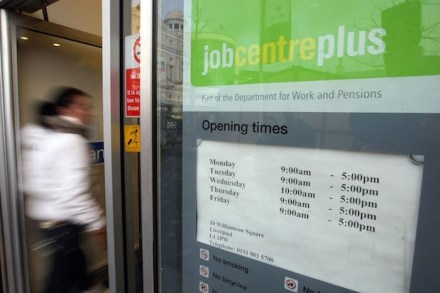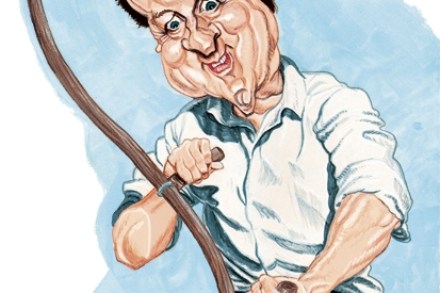‘Stimulus now’: Bank of England cuts interest rate down to 0.25pc
As expected, the Bank of England has cut base interest rates down to 0.25 per cent- the first movement since rates were cut to an ’emergency’ low of 0.5 per cent in March 2009. There’s a “clear case for stimulus, and stimulus now” said Mark Carney, BoE governor – so the money printing machine is being put back into action. About £60 billion is to be created electronically, and used to lend money to the government via gilt purchases. It will save Theresa May’s government a fortune: the rate of interest charged on the many loans it takes (ie, gilt yields) collapsed to 0.63pc today; almost half the rate they
